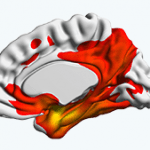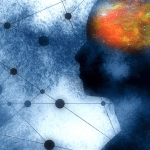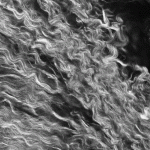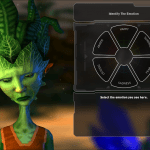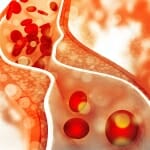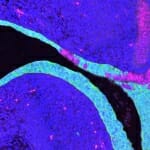Category Health & Wellness
CALS professor uses diagnostic imaging to enhance understanding of muscles
Former college wrestler develops imaging techniques to more accurately evaluate muscle as it responds to aging and disease and how to best treat muscle wasting. Read More
Washington Post’s Helmuth is UW Science Writer in Residence
Laura Helmuth, the newspaper's health, science and environment editor, will spend a week visiting classes, working with students and faculty, and exploring the UW–Madison research landscape. Read More
Recovering from a heart attack? Hold the antibiotics
An international team of researchers has shown in mice that a healthy gut microbiome is important for recovery after a heart attack. Read More
Breast cancer researcher named to post at Big Ten consortium
As chief scientific officer of the Big Ten Cancer Research Consortium, Dr. Ruth O'Regan will guide the research and scientific mission of the consortium, including the most promising clinical trials. Read More
$19M grant to aid research on early signs of Alzheimer’s
The Wisconsin Registry for Alzheimer's Prevention has received a five-year grant from the National Institutes of Health for an in-depth study of molecular signs of the disease in brain and spinal fluid. Read More
Clinical prospects for stem cells begin to emerge
Responsible science is almost always a slow, grueling process, but 20 years after James Thomson derived the first human embryonic stem cell lines, experts in the field of stem cell and regenerative medicine feel more optimistic than ever. Read More
Fletcher’s research sheds light on lowering drinking age
Research by University of Wisconsin–Madison Professor Jason Fletcher provides new information about the effects of legal alcohol access at age 21 on previously unexplored or underexplored risky behaviors. Read More
A starring role for nonhuman primates in the stem cell story
“If UW–Madison is the birthplace of human embryonic stem cells, then the Primate Research Center is the cradle,” says Marina Emborg, director of the center's Preclinical Parkinson's Research Program. Read More
Inflammation biomarker in blood may help predict effectiveness of depression drugs
A simple blood test could help doctors understand what medication might work best for patients at the start of their treatment, according to new UW–Madison research. Read More
UW–Madison center takes lead in improving mental health services in Great Lakes region
A new UW–Madison tech transfer center funded by a $3.7 million federal grant will provide training and technical assistance to support the region’s mental health workforce, covering treatment and recovery services. Read More
A video game can change the brain, may improve empathy in middle schoolers
In the experimental game, a robot crash lands on an alien planet. In order to rebuild the spaceship, players must, as the robot, build rapport with the aliens by deciphering their emotions. Read More
Eating crickets can be good for your gut, according to new clinical trial
The study shows consuming crickets can help support the growth of beneficial gut bacteria, and that eating crickets is not only safe in large amounts but may also reduce inflammation in the body. Read More
Cellular communication system in mice helps control female fertility
UW-Madison researchers have discovered that two genes work together to construct a cellular communication system in the ovaries of mice to maintain healthy eggs. Read More
Scientists discover cause of aging-related disease in mice, then reverse its symptoms
UW–Madison researchers have shown that mice making too much of a human protein called AT-1 show signs of early aging and premature death, which are also symptoms of the human disorder progeria. Read More
The bladder can regenerate like nobody’s business and now we know why
New research from the UW–Madison School of Veterinary Medicine shows that non-bladder cells from a nearby anatomical structure called the Wolffian duct can actually help the bladder mend itself. Read More





